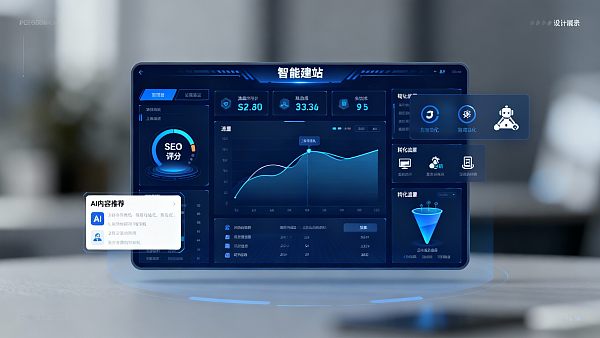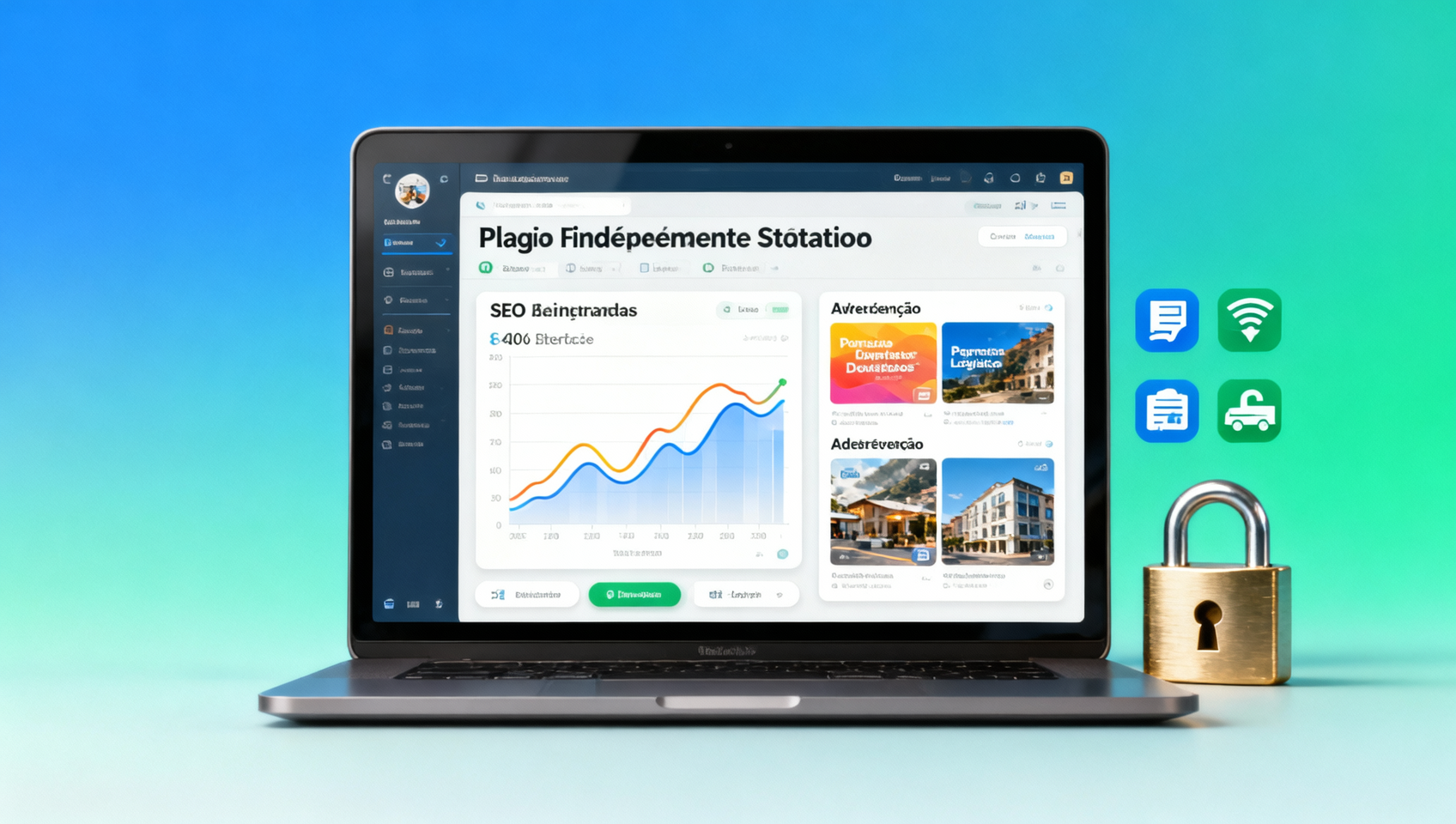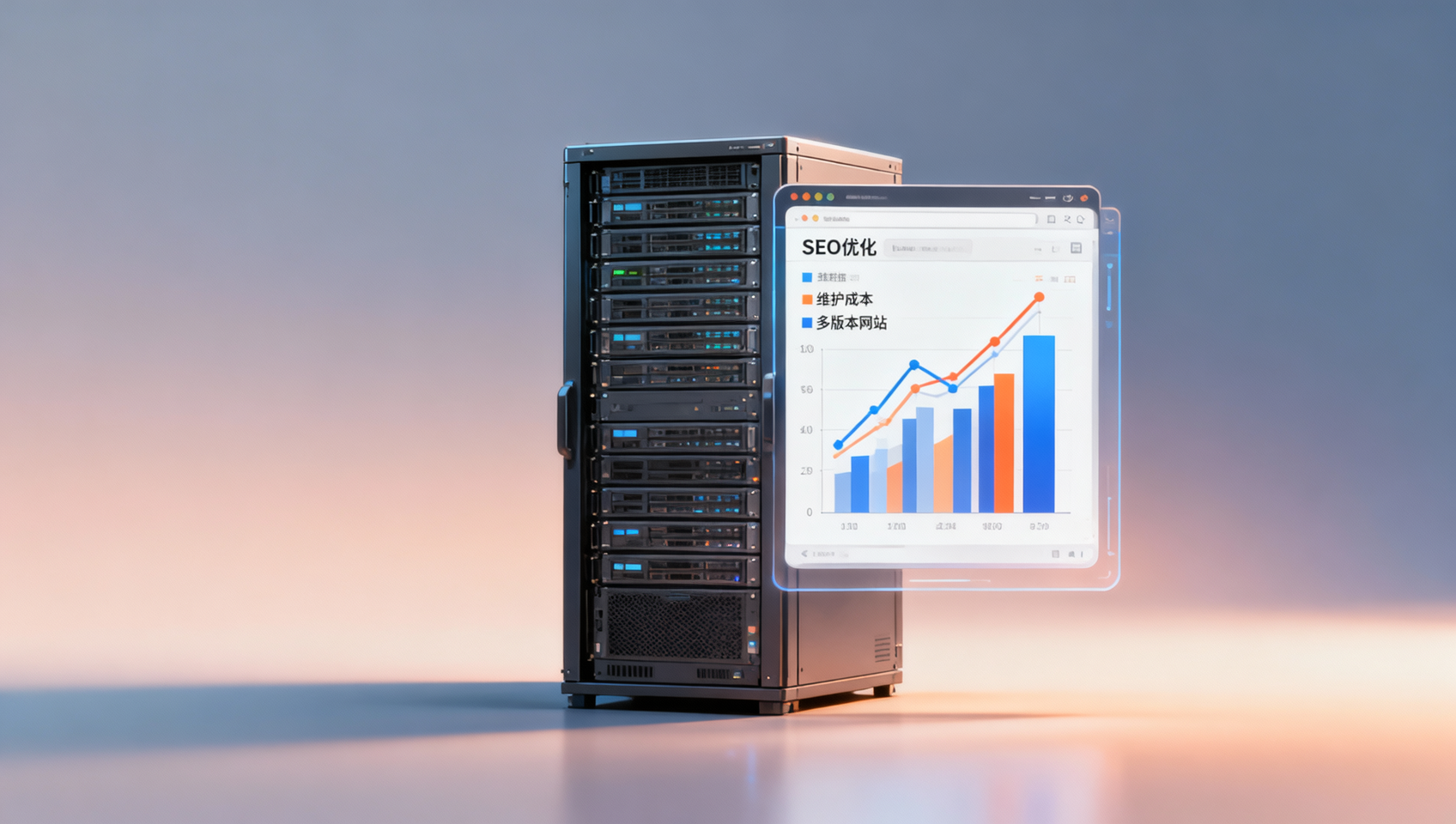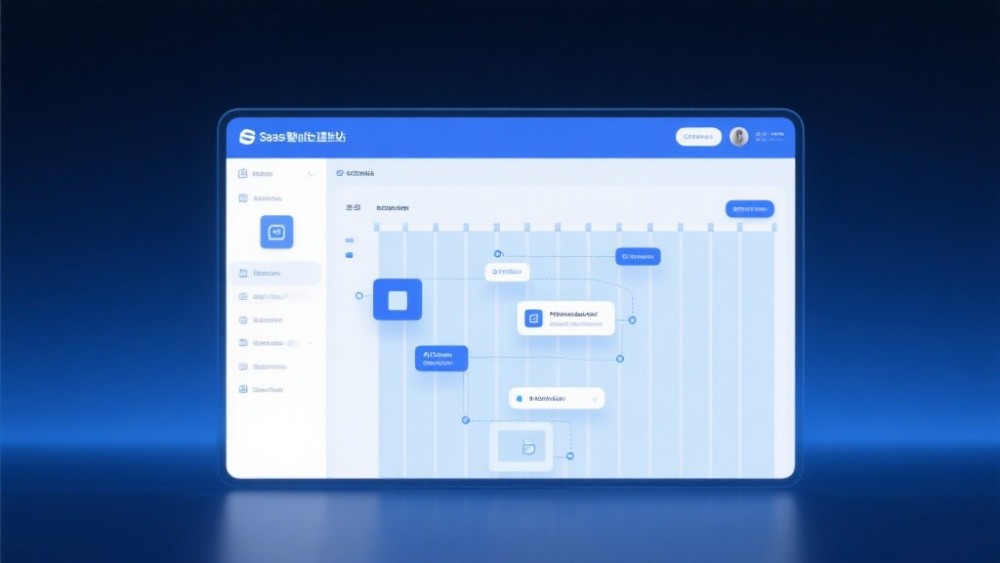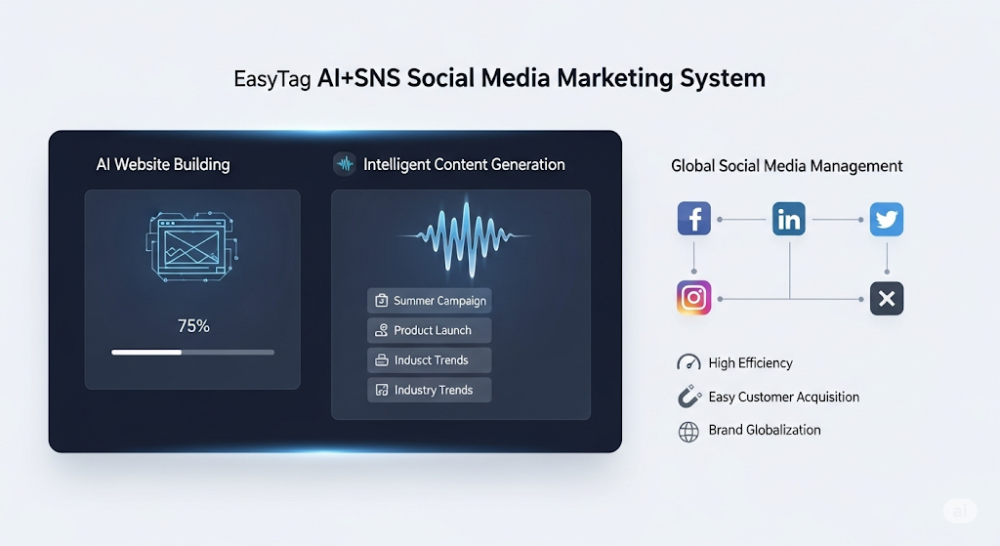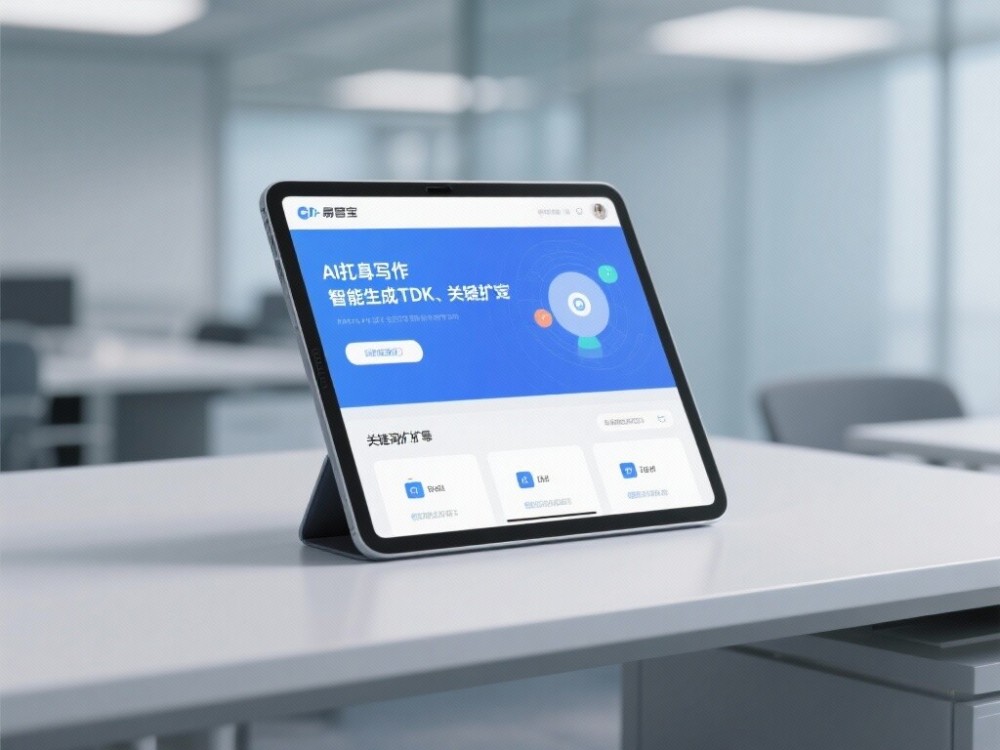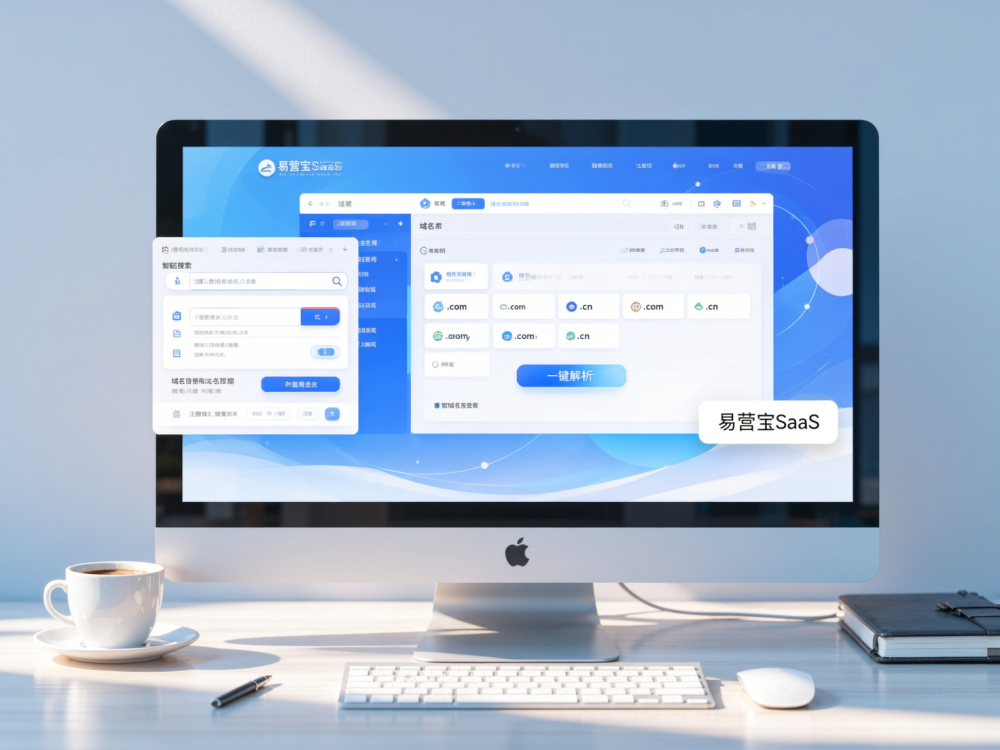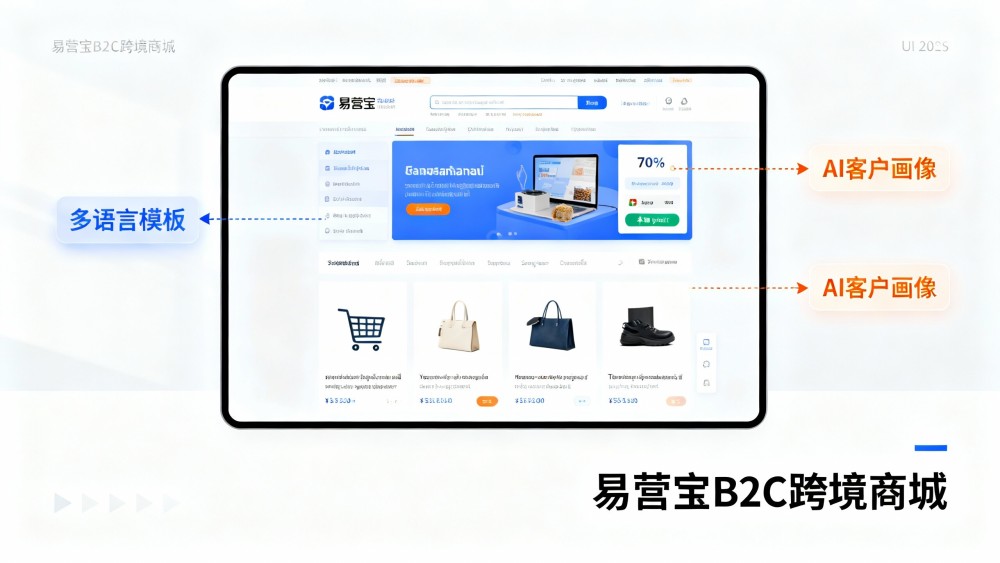- Which company is reliable for multilingual website development in Jieyang? 6 evaluation criteria and a blacklist/whitelist2026-02-25View details
- From Decision to Implementation: How Shijiazhuang Enterprises Can Align Eyingbao Smart Website Pricing Strategies with Project Management Rhythms?2026-02-25View details
- How can intelligent website building platforms achieve automatic SEO? Not all 'automatic' means compliant | 2026 search engine new rules interpretation2026-02-25View details
- B2B Foreign Trade Website Price Comparison: 2026 Pricing Overview of 5 Mainstream Systems with Multilingual Modules2026-02-24View details
- Is a multilingual website really worth it? 2026 Global Procurement Buyer Language Preference Whitepaper2026-02-24View details
- Is multilingual support for independent websites necessary? 2026 B2B export enterprise localization penetration rate data reveals the truth2026-02-24View details
EasyStore Competitive Comparison: Features, Pricing, and Ease of Use Explained in One Article
This EasyStore product comparison presents intelligent website platform evaluations and usability analysis, helping researchers and operators make quick decisions.
Core Functionality and Technical Capability Comparison: End-to-End Capabilities from Website Building to Customer Acquisition
When evaluating intelligent website platforms, priority should be given to assessing whether the platform can cover the full-chain capabilities of "website building - SEO - traffic - conversion." For B2B and cross-border B2B scenarios, key focus areas include multilingual website systems, page SEO friendliness, site performance with global CDN, and seamless integration with advertising/social media platforms. A mature provider should offer full-stack SEO engine modules such as auto-generated TDK, sitemaps, URL standardization, and continuous optimization of keywords and content based on big data.
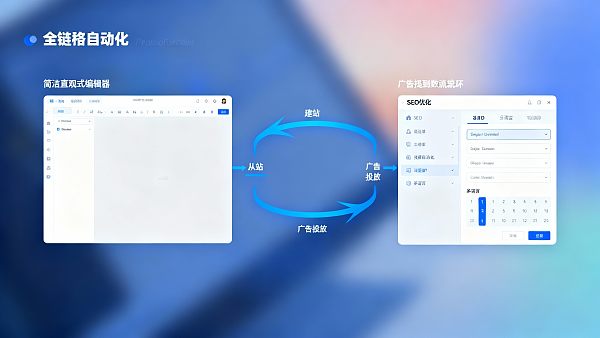
When comparing market competitors, consider the following dimensions: flexibility of templates and drag-and-drop building tools, AI content generation and multilingual translation accuracy, advertising automation and account diagnostic capabilities, as well as integration depth of customer behavior tracking and CRM. Take an all-in-one solution like EasyStore B2C Cross-Border E-Commerce as an example—it offers multilingual support, multi-currency switching, and AI recommendation systems, making it a standout feature in intelligent website platform recommendations. Based on China's intelligent website market research, quality platforms should significantly improve page loading speed and SEO scores post-integration while reducing the operational complexity of international sites.
Pricing Models and ROI Evaluation: How to Use Budget for Measurable Growth
During intelligent website platform evaluations, pricing is not the sole deciding factor but directly impacts long-term ROI. Providers typically adopt modular pricing based on functionality, traffic tiers, or conversion-rate-based阶梯式收费. For cross-border sellers, multi-currency support, ad spend, and API call fees should be itemized. Procurement decisions should factor in net present value (NPV) or payback period calculations: quantify the platform’s traffic (organic + paid), conversion rate improvements, and labor cost savings as cash flows, then compare them against subscription and implementation costs.
Additionally, assess hidden costs when comparing competitors: localized template development, third-party payment/logistics plugin fees, dedicated domain and SSL certificate management, and cross-border compliance support. Some platforms attract customers with low-entry pricing but charge extra for ad optimization, content generation, or multilingual marketing. Beyond surface pricing, request trials or small-scale A/B tests from providers to obtain real performance and conversion data, using evidence to judge "how good EasyStore is" or other vendors’ cost-effectiveness.

Usability and Daily Operations: The Real Experience for Researchers and Operators
Platform usability directly impacts project rollout speed, especially for non-technical operators. User-friendly intelligent website platforms should feature drag-and-drop editors, zero-code templates, built-in AI content assistants, and automated SEO configurations. Key operator experience points include: intuitive backends, batch editing for products/pages, automated language pack management with customizable translations, and one-step authorization for ad accounts and social channels.
Operationally, evaluate logging/monitoring, backup/recovery workflows, SSL certificate automation, and security protections. Top vendors provide diagnostic tools that offer real-time feedback on page performance and SEO短板, automatically recommending optimizations to lower operational barriers. Case studies show enterprises adopting AI marketing engines and behavior tracking systems reduce manual content production by 50% with显著ad conversion improvements. For researchers and users, prioritize evaluating multilingual systems’ support for minor languages and localized template efficacy during trials.
Industry Trends, Cases, and Selection Advice: Balancing Stability and Growth Potential
China’s intelligent website market research and global trends indicate the next two years will see platform competition centered on AI capabilities, data privacy, and localization services. Providers integrating AI keyword expansion, auto-TDK generation, and multimodal creative workflows will lead in content scalability and ad efficiency. For global enterprises, platforms supporting 300+ real-time language translations with IP-based currency displays are essential for entering Southeast Asian, Middle Eastern, and Latin American markets.

For selection, adopt a three-step approach: 1) Define business scenarios and core KPIs (e.g., GMV, CPA, customer retention); 2) Test platforms’ multilingual SEO performance and ad efficiency; 3) Assess vendors’ iteration frequency and localization support. Industry reports show platforms with global CDN, AI translation, and CRM integration outperform template-only vendors in cross-border customer retention and repurchase rates. Operators should prioritize providers offering full-chain automation and visual运维tools to reduce long-term costs and onboarding difficulty.
Summary and Action Guide
In summary, EasyStore comparisons should systematically evaluate four dimensions: functionality coverage, pricing/ROI, usability/operations, and long-term technical evolution. Intelligent website platform assessments should focus not only on initial setup but also sustained SEO optimization, multilingual marketing, and closed-loop ad capabilities. Industry benchmarks show quality platforms boost page speed and SEO scores quickly while improving conversions via AI recommendations and behavior tracking.

For sample comparisons, trial requests, or A/B testing, contact sales and technical consultants for tailored solutions. Learn more about how good EasyStore is through G2 reviews (e.g., Yiyingbao G2 reviews / G2 EasyStore) and cross-border deployment guides. Request demos and industry cases today.
Note: Visit product pages like EasyStore B2C Cross-Border E-Commerce for quick trials and details.
- Platform
- SSL Certificate
- Campbell (name)
- SEO
- SEO Optimization
- Smart Website
- AI Translation
- AI Marketing Engine
- Multilingual SEO
- Multilingual Website System
- 中国智能建站市场研究
- Easy Insurance
- G2 Easy Business
- Yiyingbao G2 Reviews
- What is Easy Operation like
- Smart Website Platform Recommendation
- Smart Website Platform
- EasyStore product competition comparison
- Smart Website Platform Evaluation
Related Articles
![One-stop solution: How multilingual website cloud floating service providers complete demand assessment within 48 hours One-stop solution: How multilingual website cloud floating service providers complete demand assessment within 48 hours]() One-stop solution: How multilingual website cloud floating service providers complete demand assessment within 48 hours
One-stop solution: How multilingual website cloud floating service providers complete demand assessment within 48 hours![Pricing Guide: Portuguese Independent Website Construction Company - 8 Essential Services from Ground Zero to Launch Pricing Guide: Portuguese Independent Website Construction Company - 8 Essential Services from Ground Zero to Launch]() Pricing Guide: Portuguese Independent Website Construction Company - 8 Essential Services from Ground Zero to Launch
Pricing Guide: Portuguese Independent Website Construction Company - 8 Essential Services from Ground Zero to Launch![Comparison of Heyuan Multilingual Website Construction and Traditional Website Construction: SEO Performance and Maintenance Cost Evaluation Comparison of Heyuan Multilingual Website Construction and Traditional Website Construction: SEO Performance and Maintenance Cost Evaluation]() Comparison of Heyuan Multilingual Website Construction and Traditional Website Construction: SEO Performance and Maintenance Cost Evaluation
Comparison of Heyuan Multilingual Website Construction and Traditional Website Construction: SEO Performance and Maintenance Cost Evaluation
Related Products

